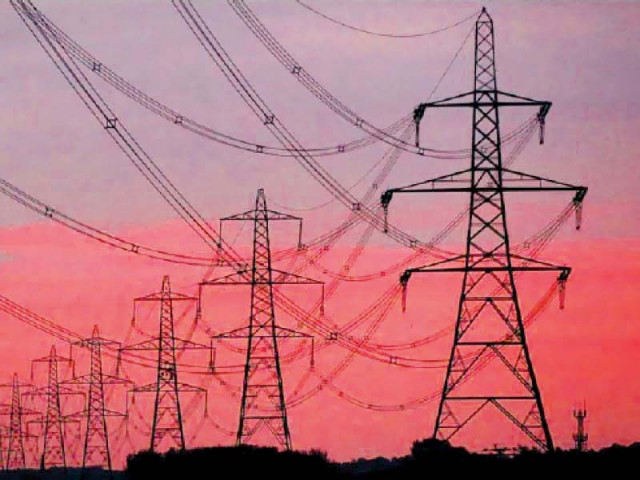Proposal to save Rs100b unsatisfactory
PM asks Power Division to reevaluate numbers, plan

Chairing a federal cabinet meeting, Prime Minister Shehbaz Sharif last week disagreed with a proposal from the Power Division to save over Rs100 billion in the wake of implementing energy conservation measures.
The PM had asked for the implementation of the energy conservation plan aimed at reducing the import bill on the purchase of fuel for power generation. He also directed the Power Division to work out the exact figures of savings.
Under the energy conservation measures, the government plans to impose duties and taxes on inefficient fans and incandescent bulbs to generate around Rs37 billion in revenue. The proposed imposition of tax on inefficient fans will result in generating Rs15 billion. The government also plans to stop manufacturing incandescent bulbs from February 1st, 2023.
At the same time, it is considering the imposition of tax and duties on incandescent bulbs to generate Rs22 billion in revenues. The Federal Cabinet had constituted a committee to recommend a short term and long-term implementation plan for the proposed energy conservation measures.
The committee under the convenorship of the Federal Minister for Defence, was notified by the Power Division on October 27, 2022.
In the meeting, it was decided that the Minister for Defence/Convener of the Committee, along with selected cabinet members, shall consult the provinces on the proposed conservation measures, especially on work-from-home, closing timings of restaurants, hotels and markets, encouraging e-bikes and energy efficient housing.
The Power Division had informed the cabinet that energy efficiency and conservation were key measures used by countries across the globe to mitigate associated risks. According to Energy Yearbook, final energy consumption for FY 2020-21 stood at 60.2 million tonnes of oil equivalent, registering an increase of more than 15% over the previous year.
This situation was becoming unsustainable for the country and warranted a concerted effort, at the national level, for the implementation of energy efficiency across the energy value chain.
Thereafter, multiple sessions were held in the Power Division to identify, evaluate, and strategize the potential energy efficiency measures. It was noticed that there was an urgent need for the upgradation of energy conservation standards and strict enforcement/compliance.
Replacement of inefficient appliances and consumer awareness for the responsible use of energy were other key areas identified. After thorough consultations and evaluation of various efficiency and conservation measures, a detailed plan and implementation strategy was developed. Presenting the implementation plan, the secretary of the power division highlighted the implementation roadmap and recommendations. Recommendations were made to initiate work-from-home for 20% staff and wedding halls timings to be limited to 10pm. Restaurants, hotels and market closing timings were also suggested to be limited to 8pm. It was also recommended that the government issue directions to provinces under article 149(4) of the constitution. These measures, they said, will result in savings of Rs58.7 billion.
It was further recommended that energy efficient fans +LED/energy efficient equipment be procured by public sector organisations, energy efficient housing, and conical baffles in geysers and alternative switching-off streetlights be implemented.
Energy efficient measures will be incorporated in building codes and housing societies’ bylaws by civic building control authorities as mandatory steps.
Published in The Express Tribune, December 30th, 2022.
Like Business on Facebook, follow @TribuneBiz on Twitter to stay informed and join in the conversation.



















COMMENTS
Comments are moderated and generally will be posted if they are on-topic and not abusive.
For more information, please see our Comments FAQ